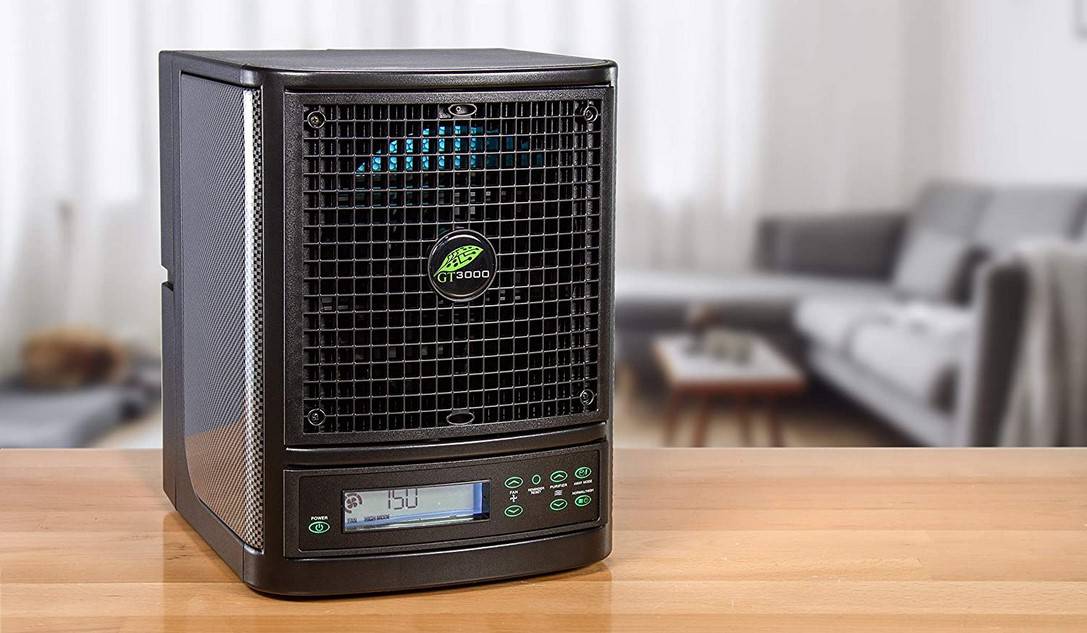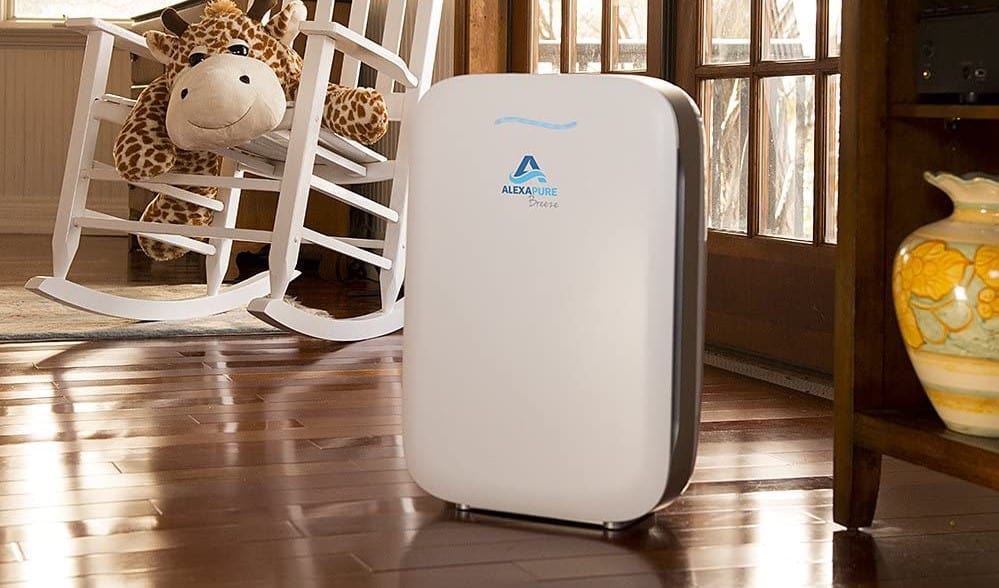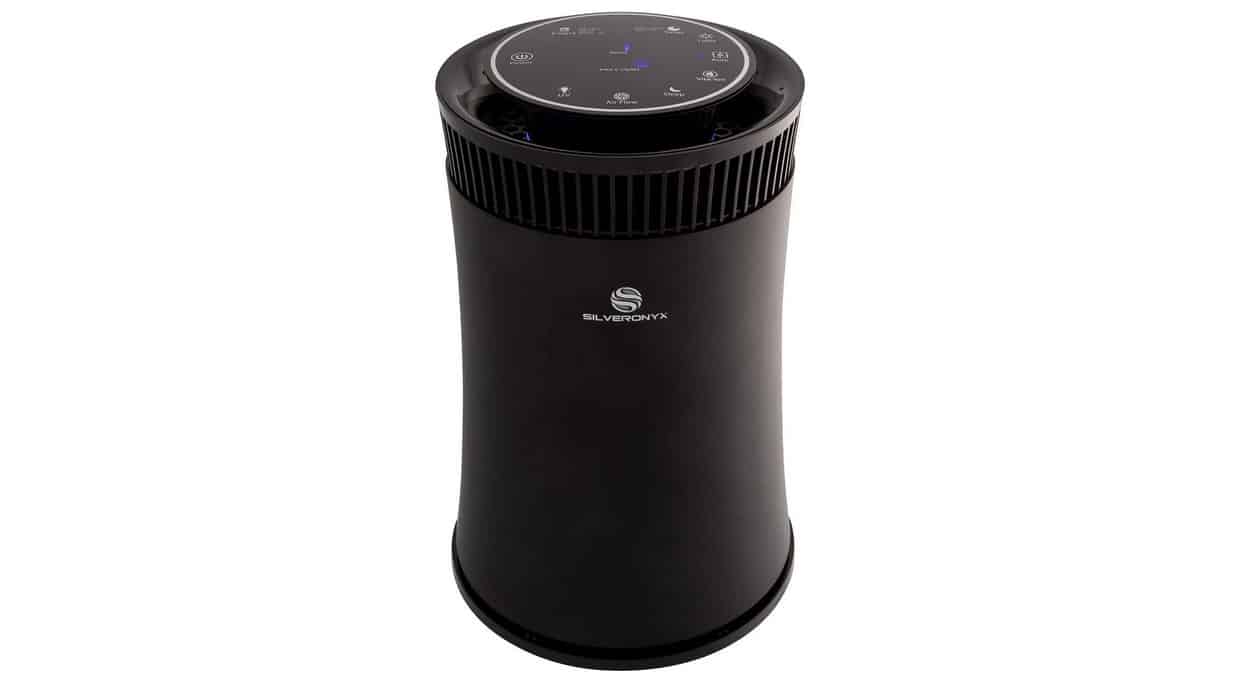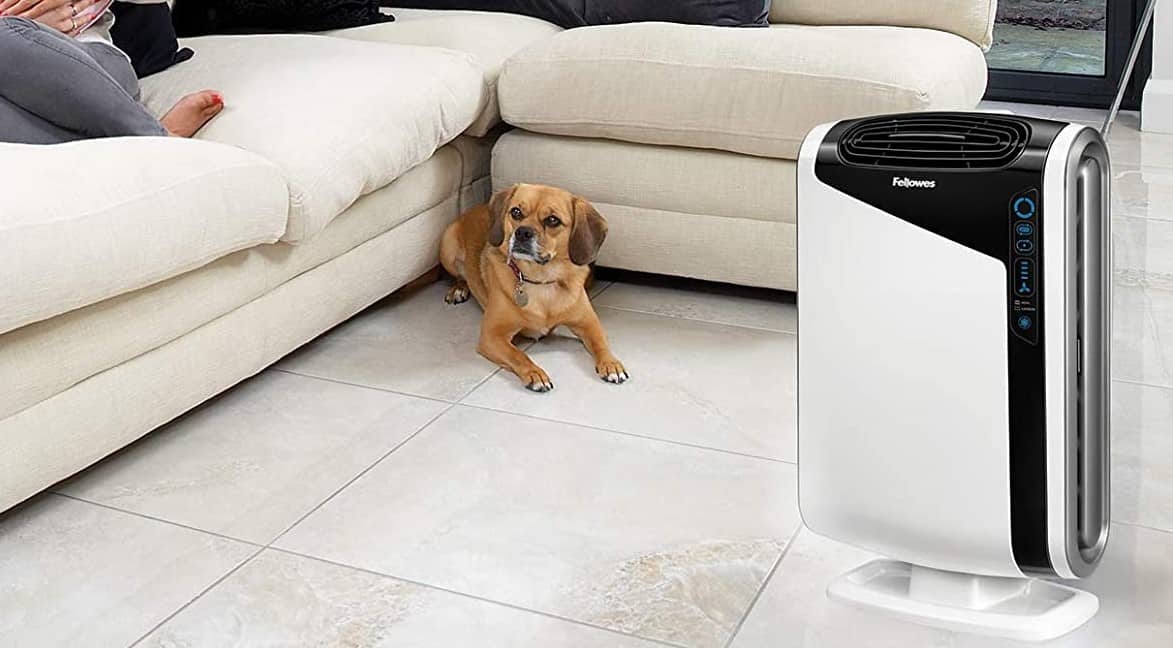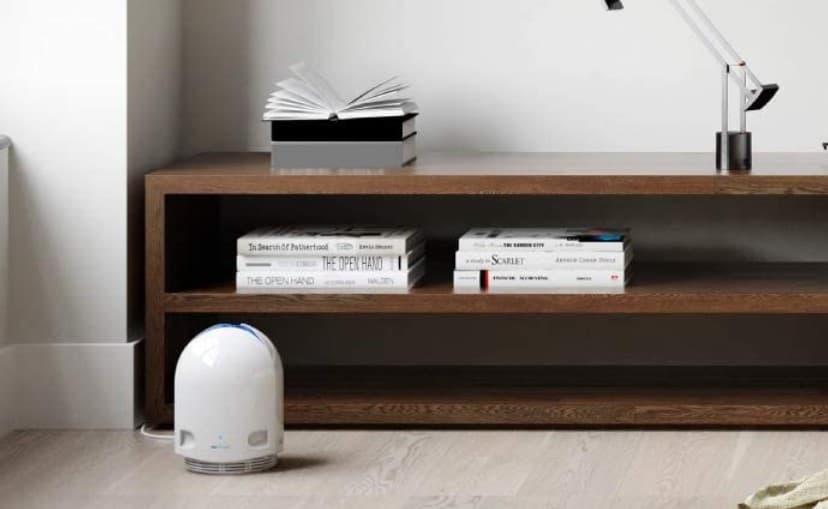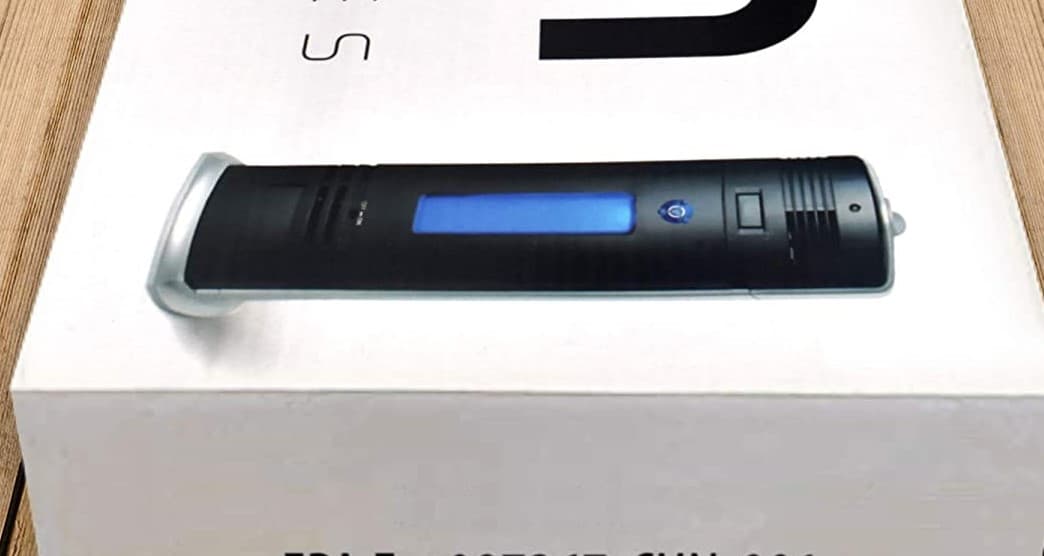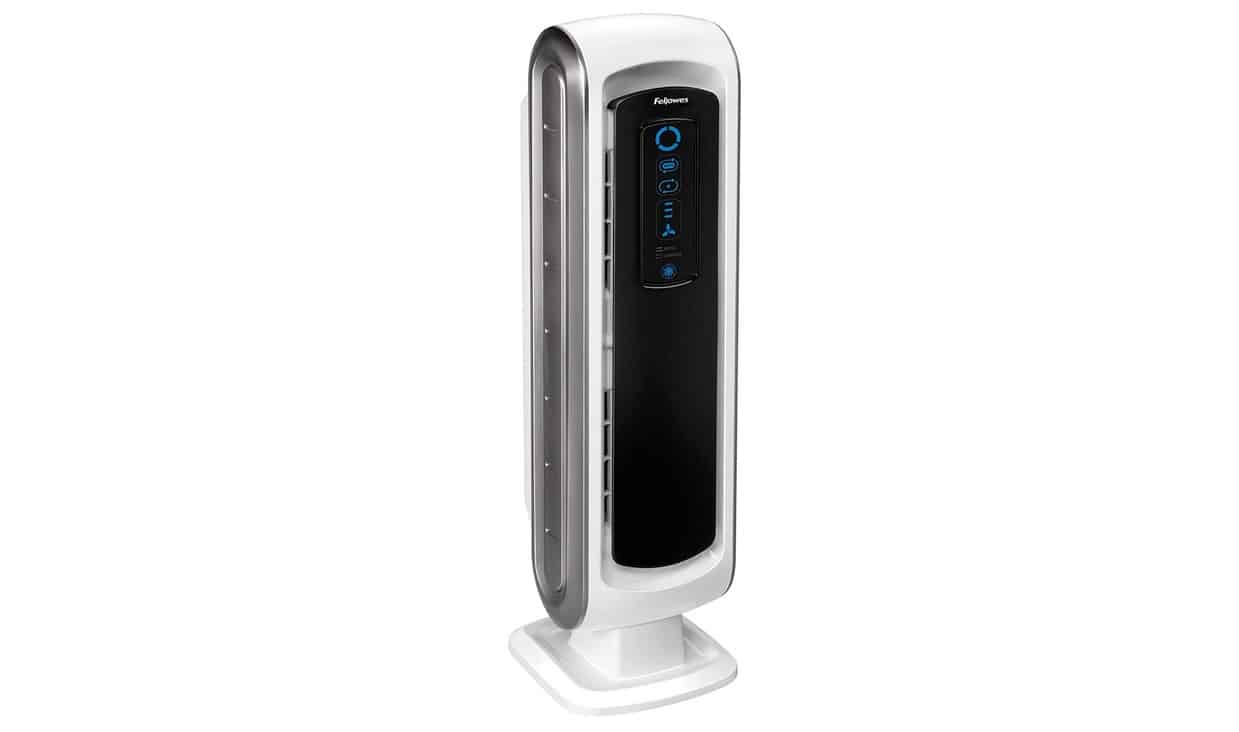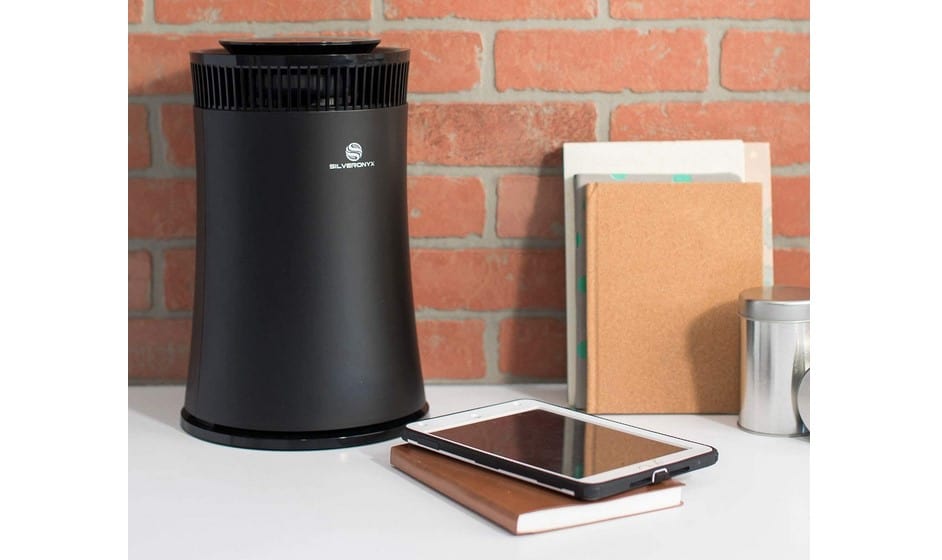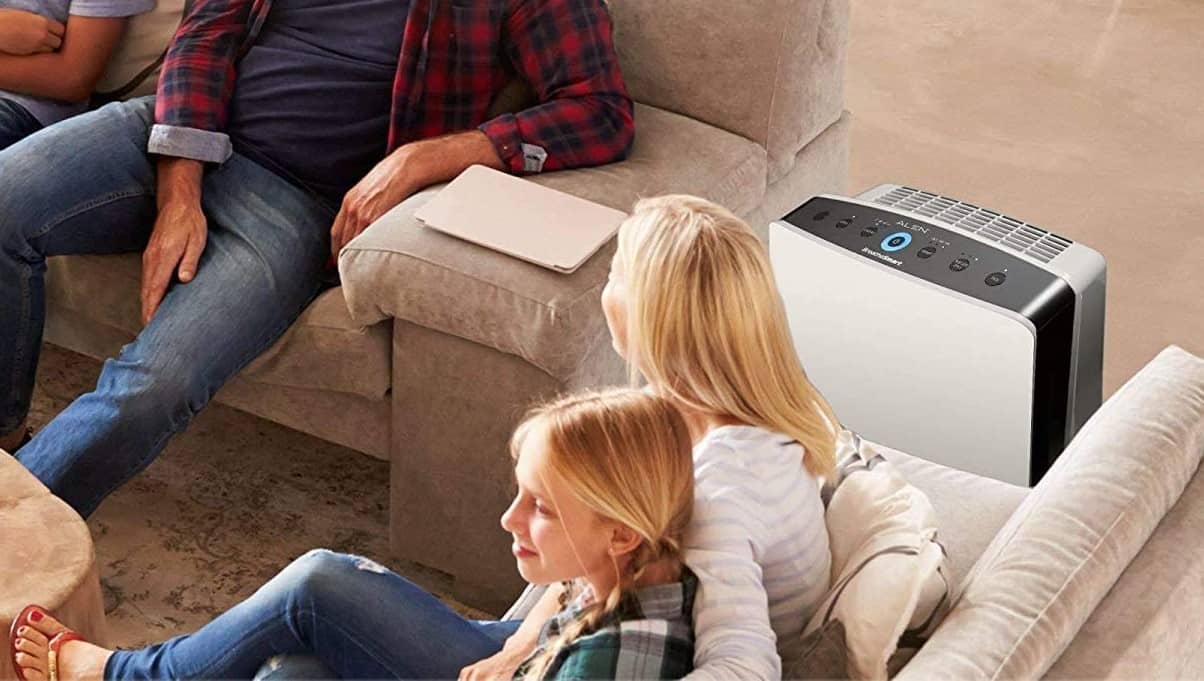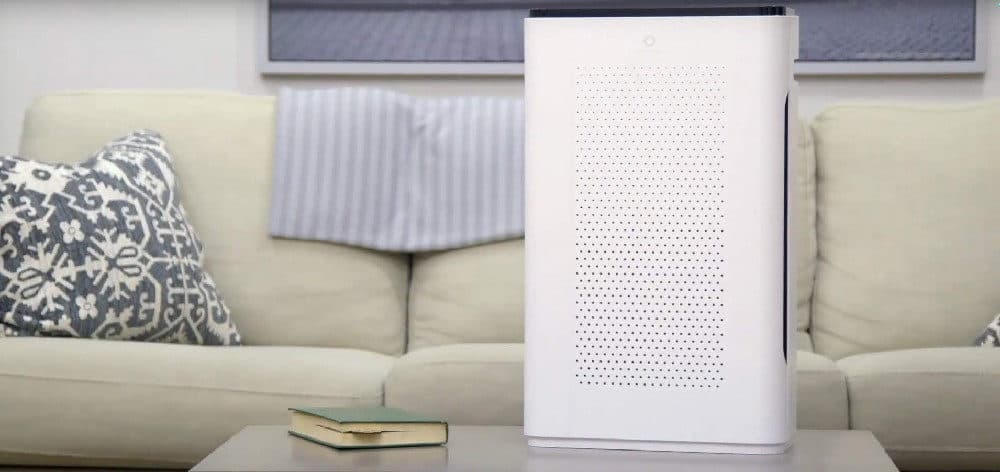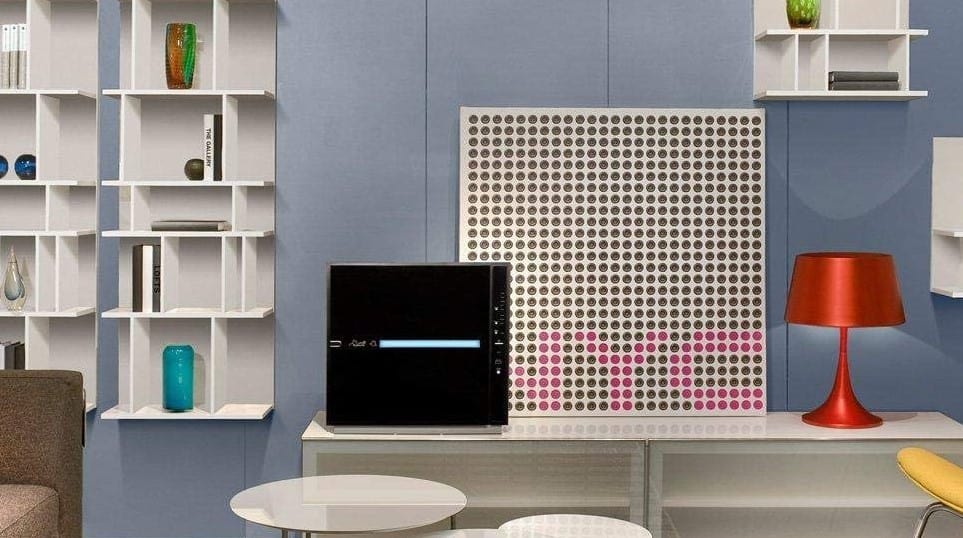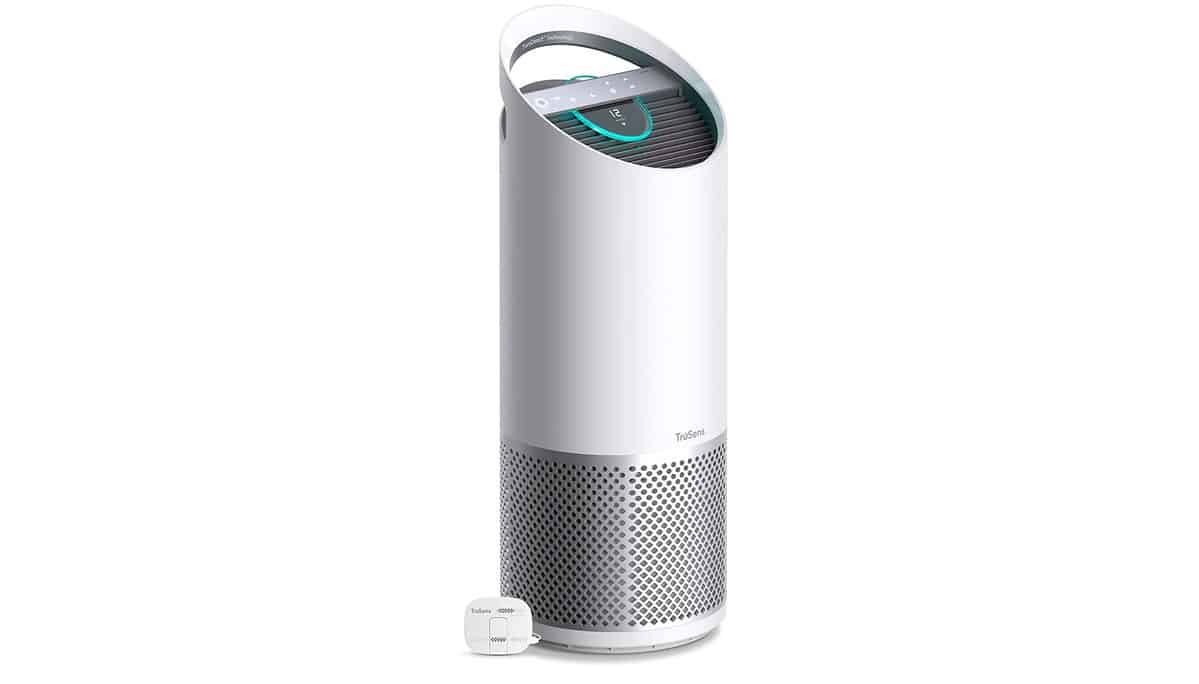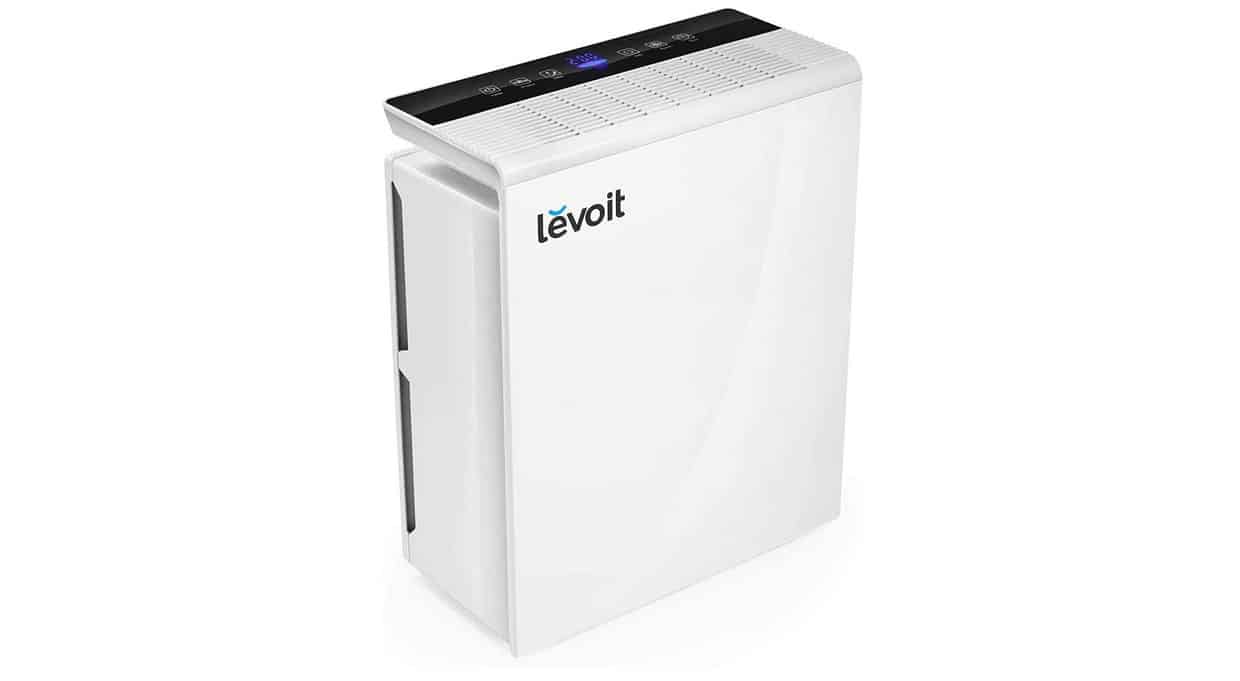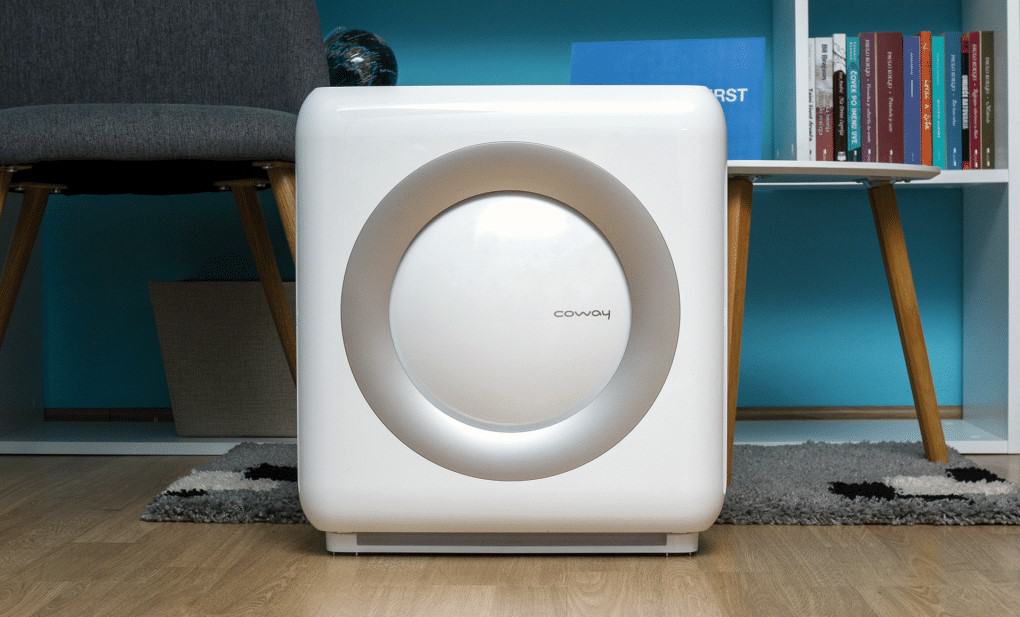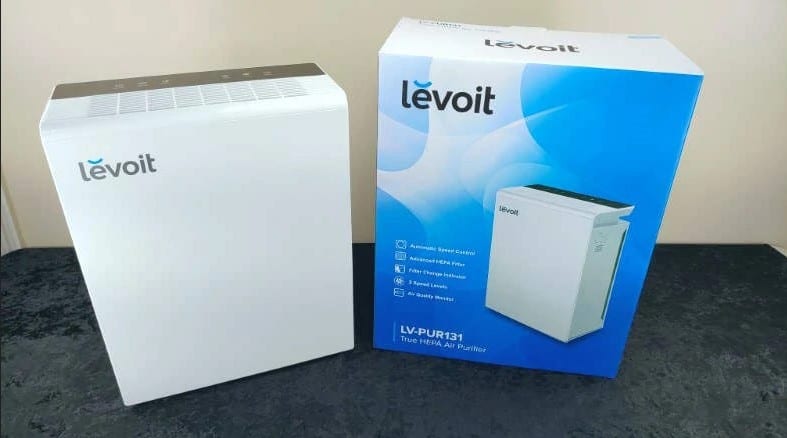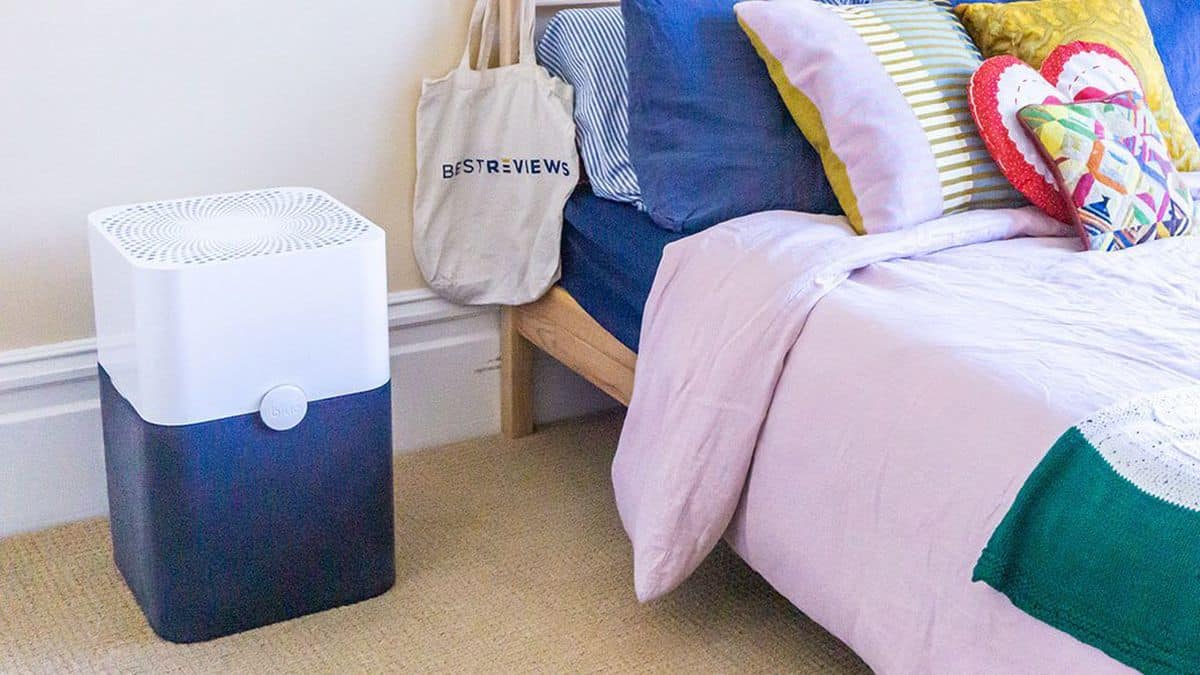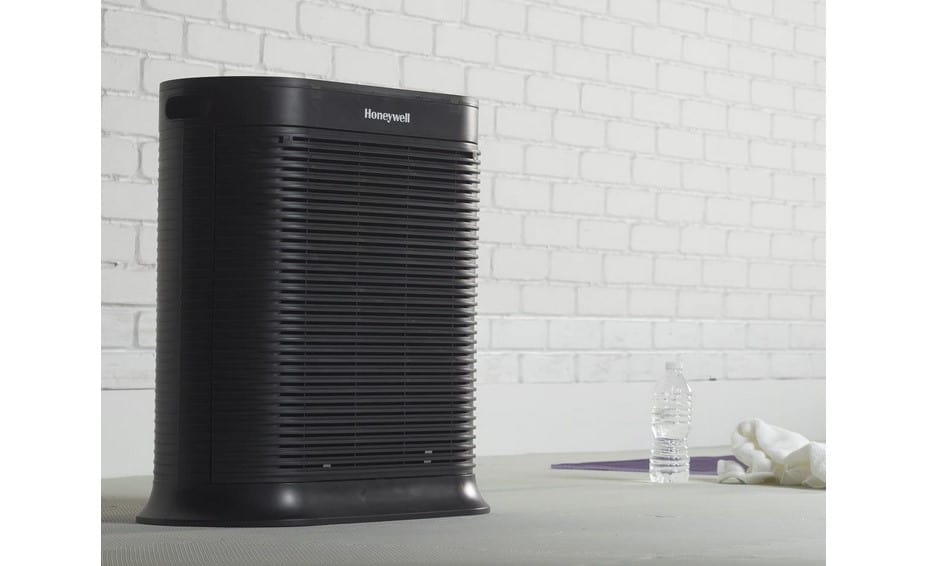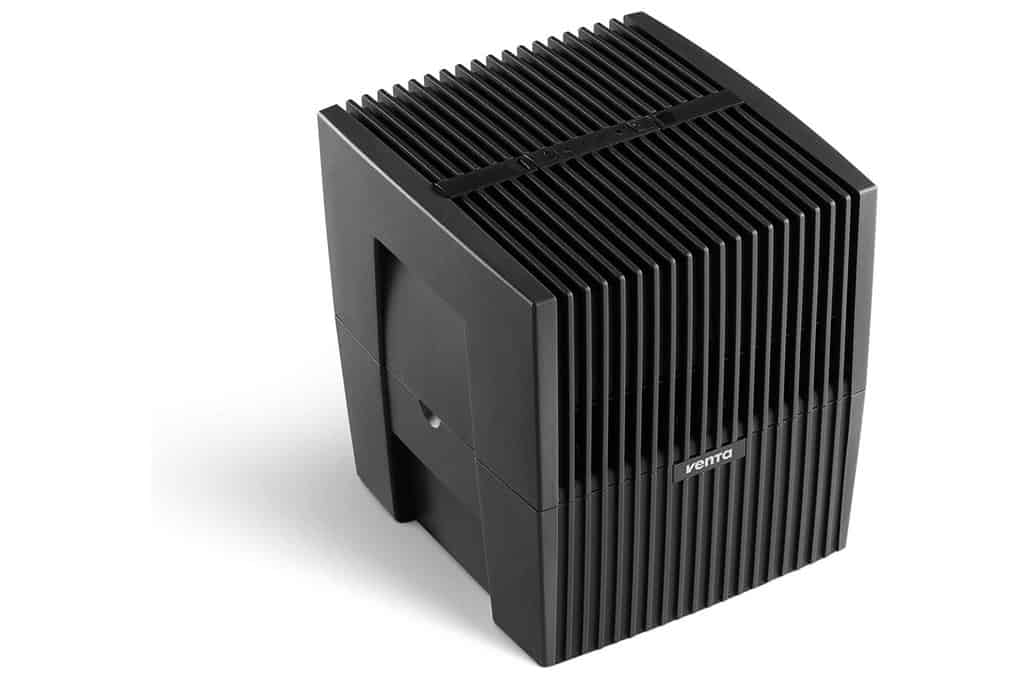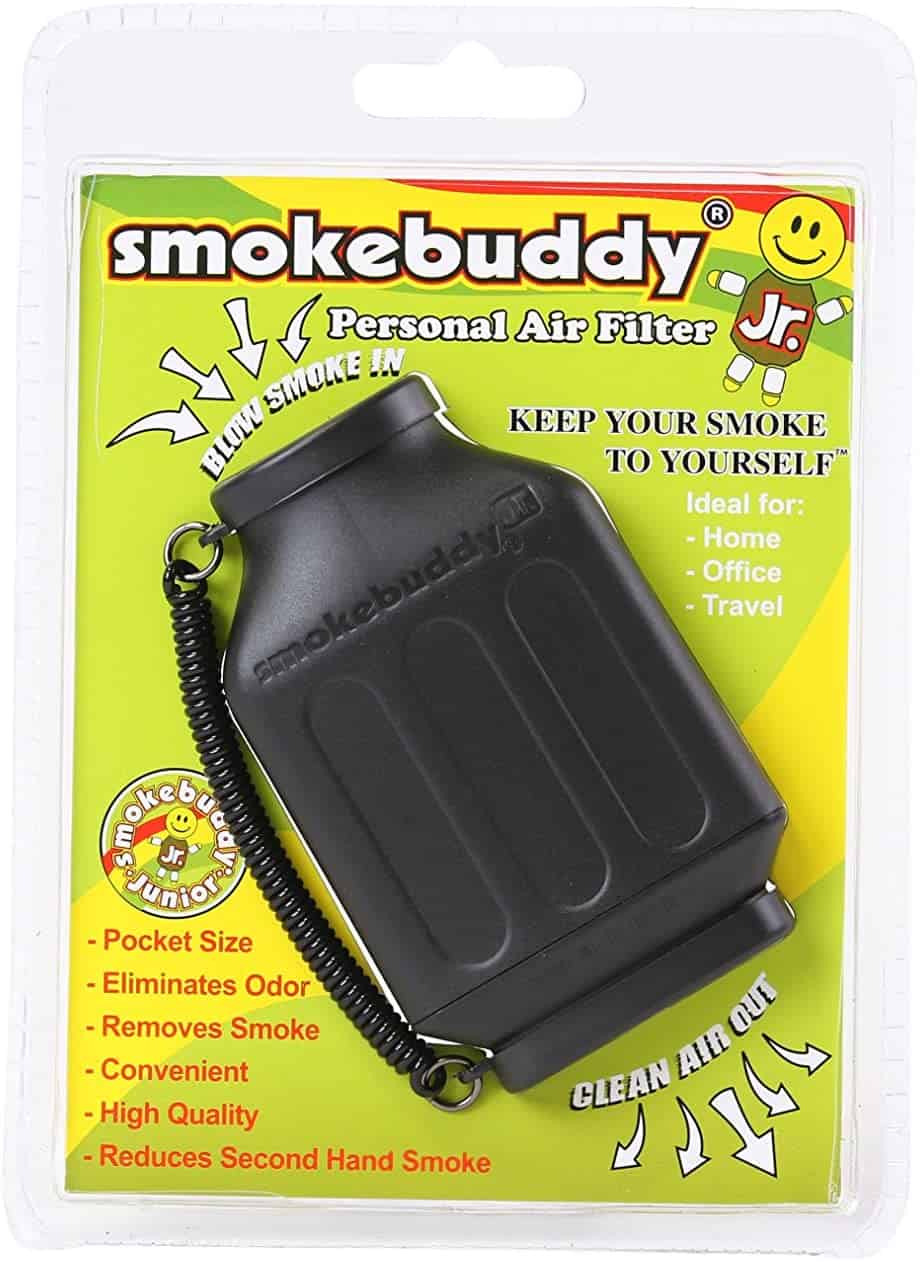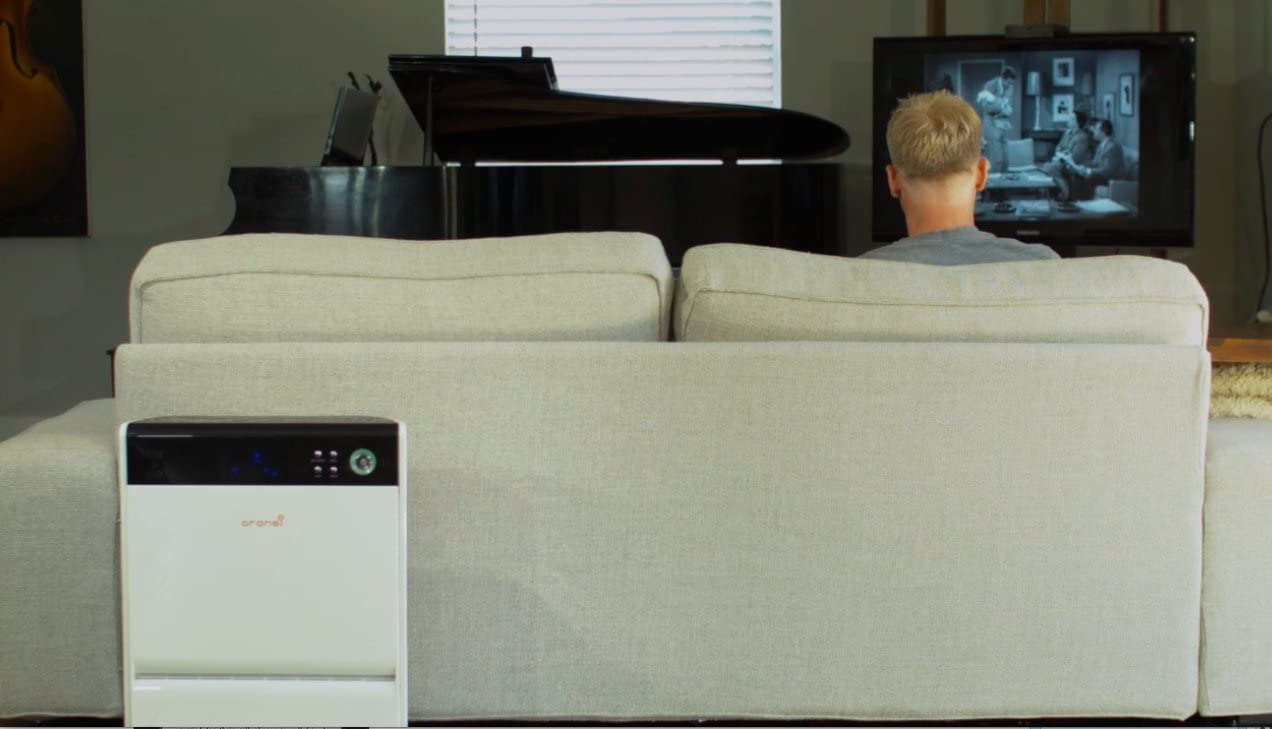Only one system can come out on top in the battle of a PCO air purifier vs a HEPA filter. However, just because a system is technically more effective doesn’t mean it’s better for your lifestyle. The best air purifiers are the ones you can afford and will fulfill your needs.
KEY TAKEAWAYS:
- PCO air purifier technologies were developed by NASA and filter airborne particles up to 300 times smaller than HEPA air purifiers can.
- HEPA air purifiers are highly recommended by prestigious organizations like the Asthma and Allergy Foundation of America.
- A regular consumer is better off investing in a HEPA air purifier since PCO air systems are costly and typically used in commercial spaces.
Comparing PCO Air Purifiers to HEPA Filters
Comparing a PCO air purifier vs a HEPA air purifier comes down to a few notable differences. For one, the PCO system is capable of filtering far finer particles than the HEPA unit. This is because of the complicated chemical processes the PCO model uses. If you’re not interested in either unit, try looking into an ionizer air purifier or a UV air purifier.
Explaining What PCO Means
PCO stands for “Photocatalytic Oxidation” and is one of the most highly effective air purification methods. This air cleaning technology uses UV-C light to destroy multiple types of biological pollutants. Other interesting match-ups include plasma air purifiers vs HEPA filters, IFD filters vs HEPA filters, and UV vs ozone air purifiers.
What is a PCO Air Purifier?
A PCO air purification solution uses UV light to destroy particles, alongside a few other complicated chemical processes. UV-C light is highly effective at removing particulate pollutants from the air. These units use advanced technologies developed using NASA research to pull in all harmful contaminants as small as 0.001 microns in size. These purifiers do struggle with larger particles, however.
Insider Tip
If you struggle with health complications that an air purification system could improve, try using a couple of air cleaners in tandem to get even better results.
The Benefits of Having a PCO Purifier
There is an extensive range of benefits from using PCO air cleaning technologies:
- Highly effective and safe ultraviolet light cleaning
- Removal of all potentially harmful airborne contaminants
- Especially effective at clearing out microscopic particles
Explaining HEPA Filters
Having a HEPA air purifier can significantly reduce your exposure to gaseous pollutants, dust mite allergens, and more. These are prevalent systems backed by both government and public organizations to remove harmful airborne particles.
What is a HEPA Filter?
The U.S. Army Chemical Corps developed HEPA filters as part of the Manhattan Project. These highly effective air filters can filter airborne particulates as small as 0.3 microns in size. While ionic air purifiers are still popular, HEPA filters have far surpassed them.
The Benefits of HEPA Filters
There is a lot to love about having a HEPA air purifier:
- Fantastic at removing dirt and dust particles
- Great for eliminating the presence of airborne allergens
- It can significantly reduce your asthma symptoms
Which Option Works Best for You?
You’ll probably want a HEPA air purifier. PCO options are expensive due to their incredible filtration systems, so you usually see them in professional settings. HEPA models are fantastic house air purifiers, however. Allergy sufferers will find relief from their allergy symptoms even if they don’t have an ultra-expensive PCO model cleaning their air. After all, the HEPA mechanical filters come backed by organizations like the Asthma and Allergy Foundation of America.
Warning
Ozone is hazardous to human health at essentially any level, so stay away from air purification systems that include ozone emissions.
F.A.Q.
What air purifier can I buy that is ozone-free?
It’s essential to avoid having even small amounts of ozone in your home. High levels of ozone are linked to severe health conditions. The following types of air purifiers are safe:
- HEPA Air Purifier
- Ionic Air Purifiers
- UV Air Purifier
What are the different types of air purifiers?
There is a whole range of different types of air purifiers. Here are a few of them:
- Mechanical Air Purifiers
- Ozone Generators
- Ionic Air Purifiers
- Electrostatic Air Purifiers
- HEPA Air Purifier
Why does my air purifier emit ozone?
At one point, we thought that a small level of ozone could be used as an air purification chemical. However, we now know that breathing even small amounts of ozone has increased asthma attacks, allergic reactions, and more. There is no safe level for ozone.
How does an air purifier work?
That depends almost entirely on the model you buy and what air cleaning technologies went into building it. Different types of purifiers work in vastly different ways.
STAT: MERV 13 filters remove ≥85% of 1-3 um particles. (source)
REFERENCES:
- https://www.sandisfieldma.gov/sites/g/files/vyhlif1171/f/news/sama-_sandisfield-_re._sb_questions.photocatalytic_air_cleaners_and_material_1.pdf
- https://en.wikipedia.org/wiki/Photocatalysis
- https://globalplasmasolutions.com/uploads/customer-resources/Service-Logic/Ti02-the-New-Asbestos-PCO-Technology-Caution.pdfr
- https://en.wikipedia.org/wiki/Heating,_ventilation,_and_air_conditioning
- https://www.ashrae.org/file%20library/about/position%20documents/filtration-and-air-cleaning-pd.pdf

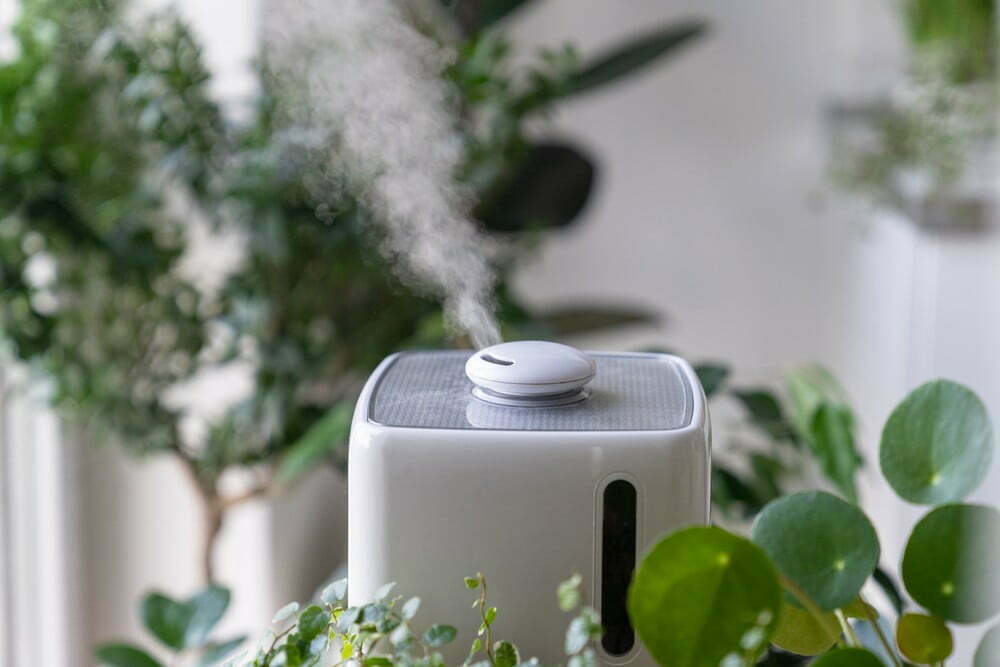













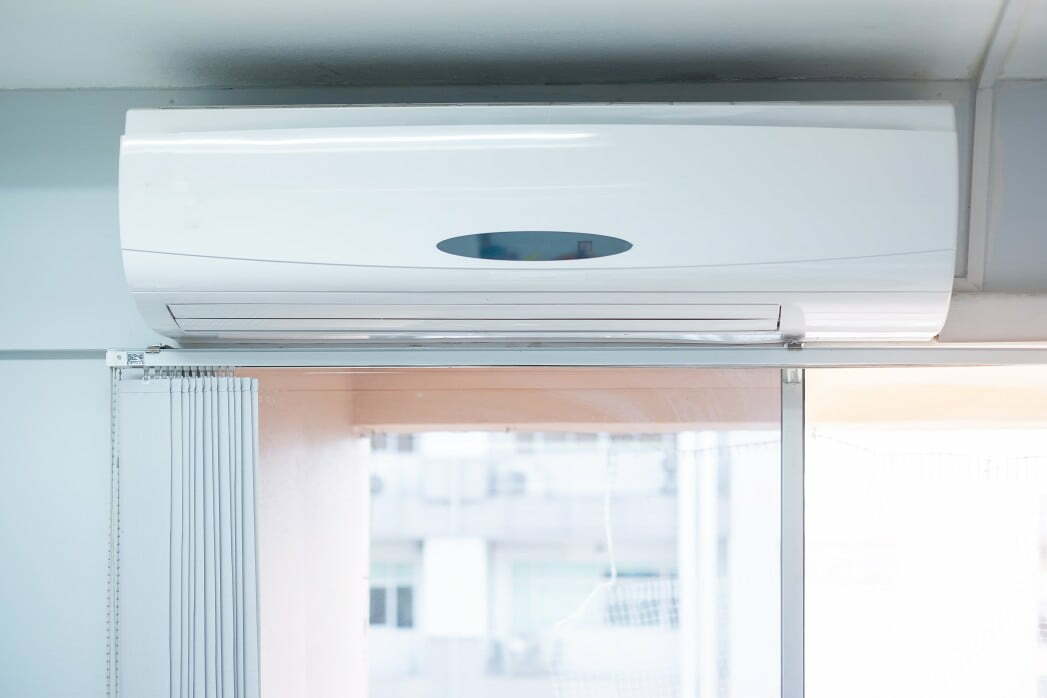

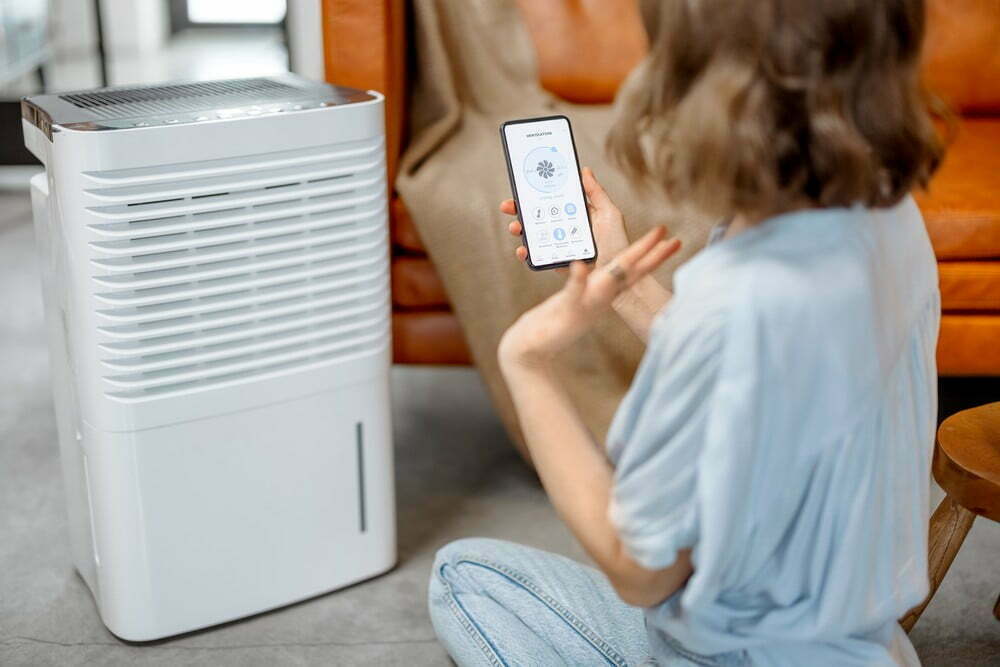
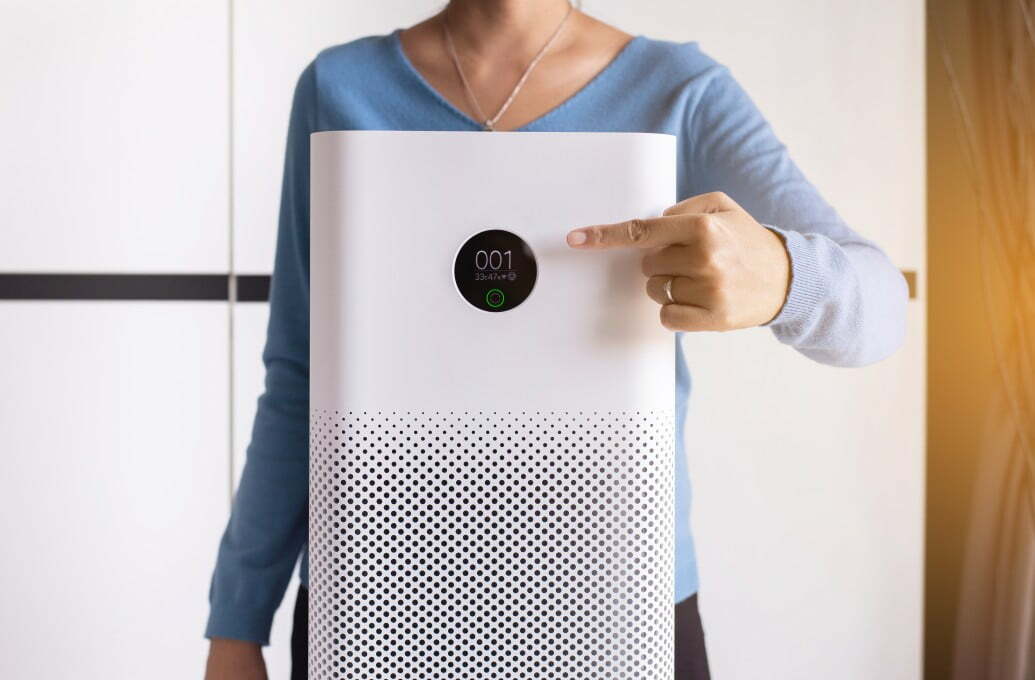
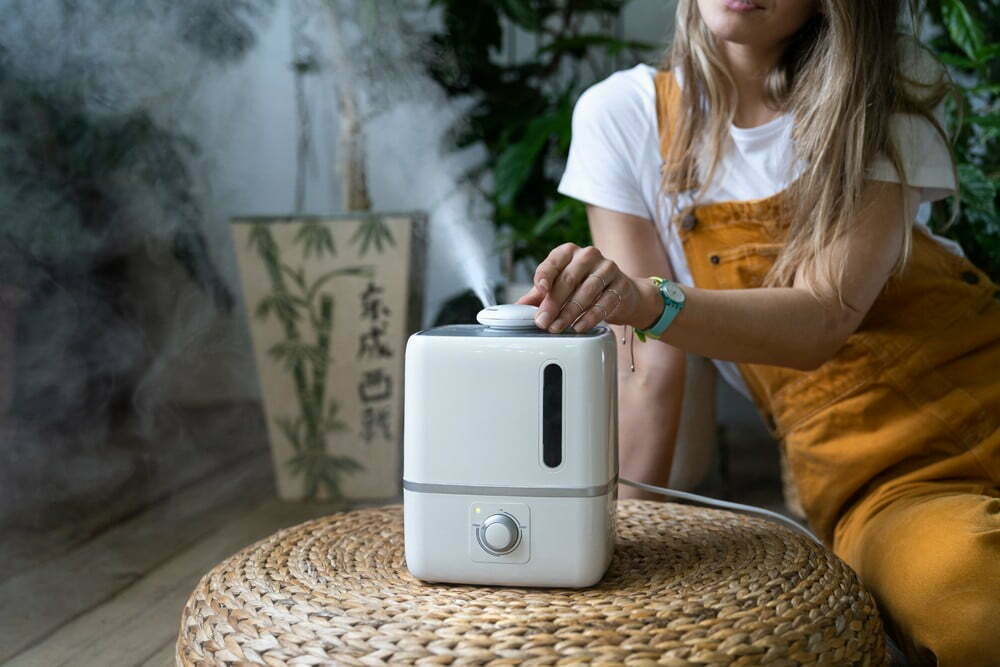


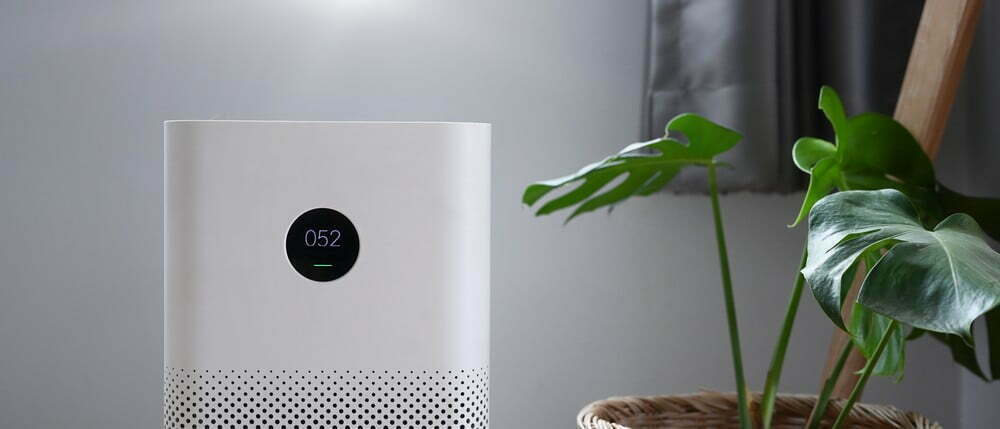
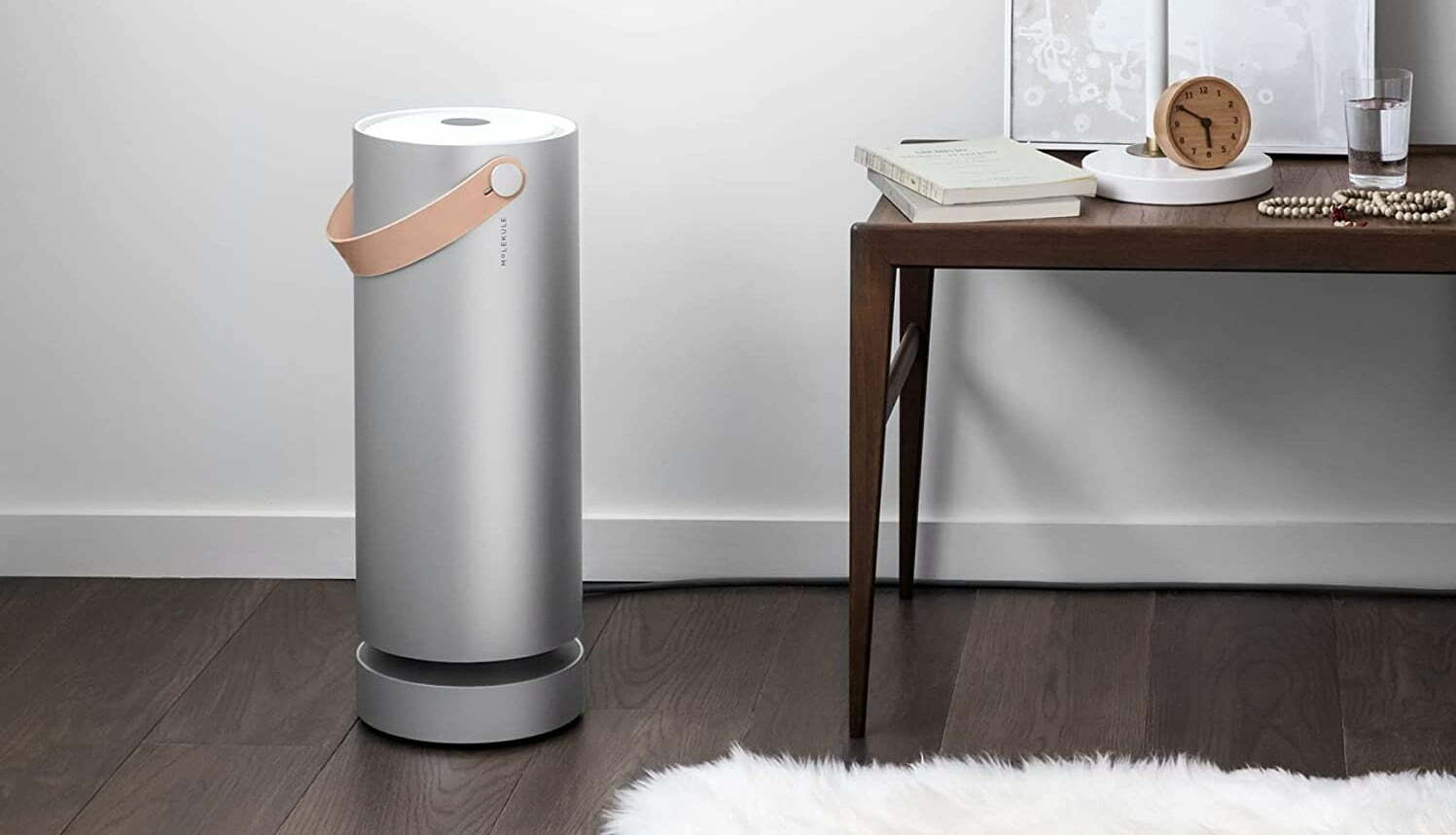
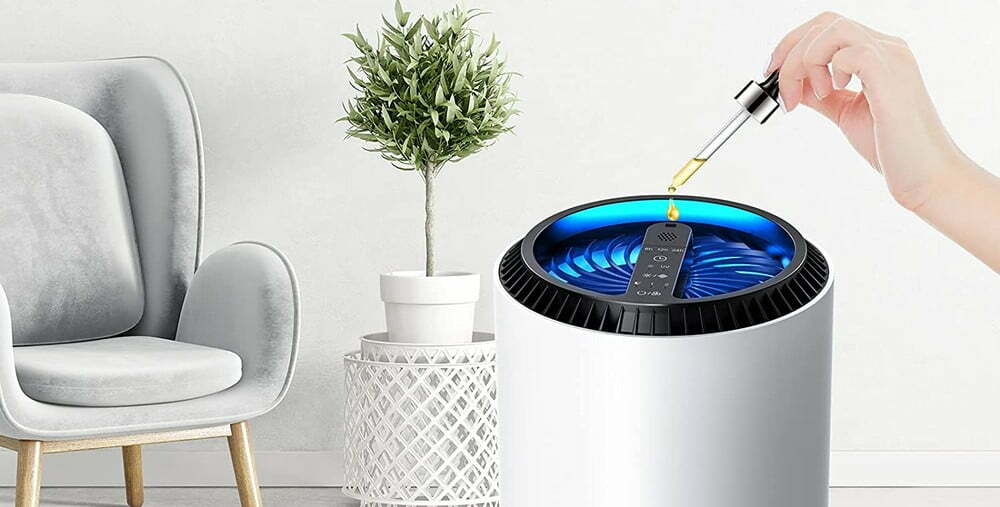
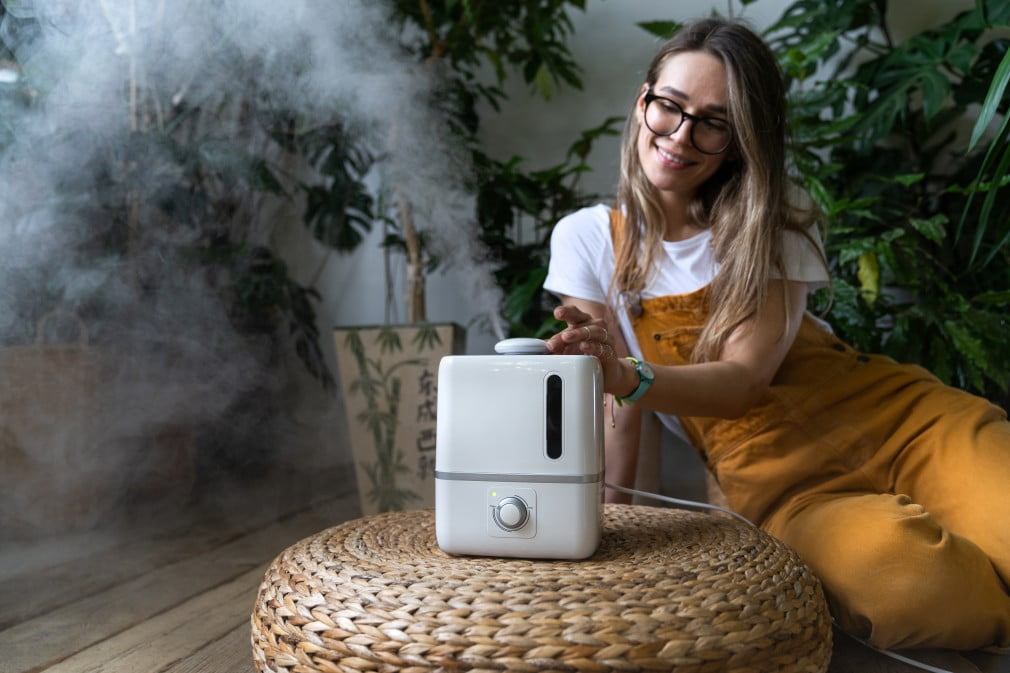
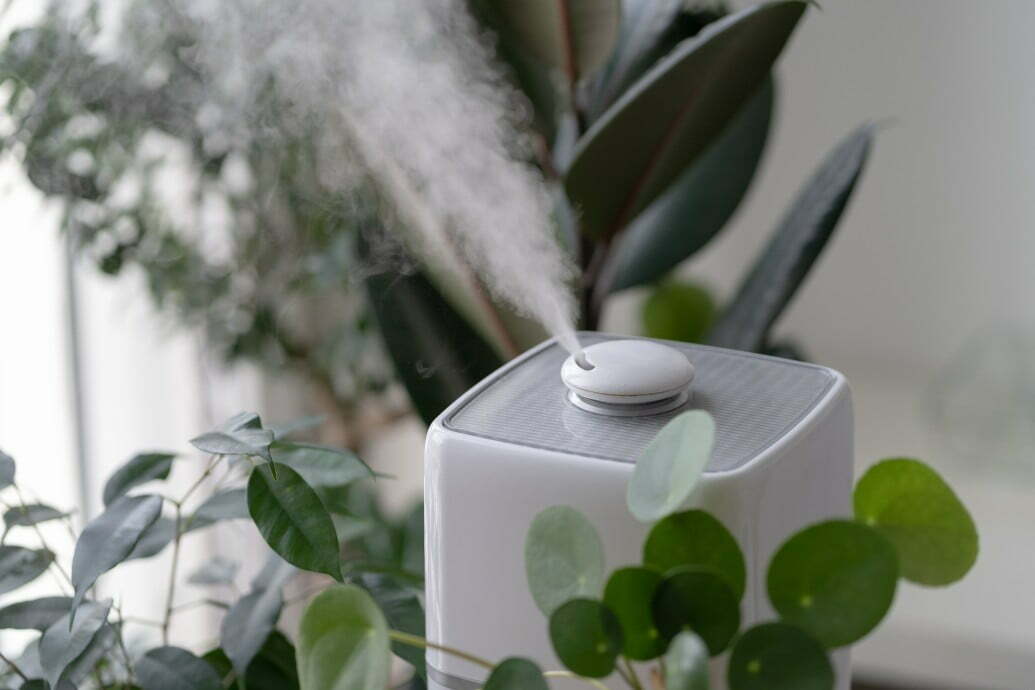
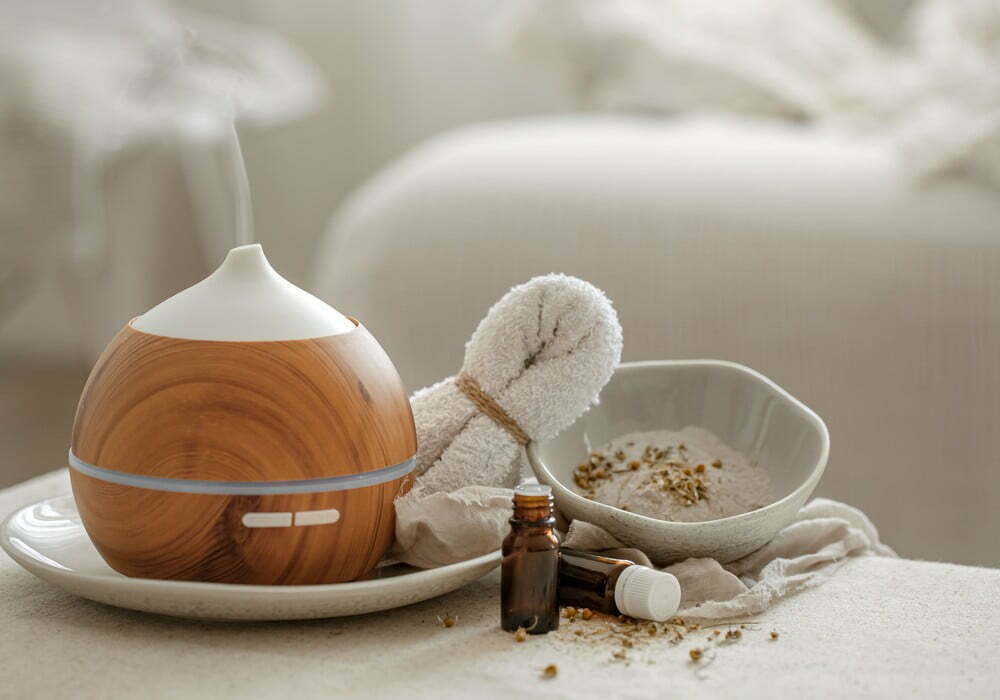
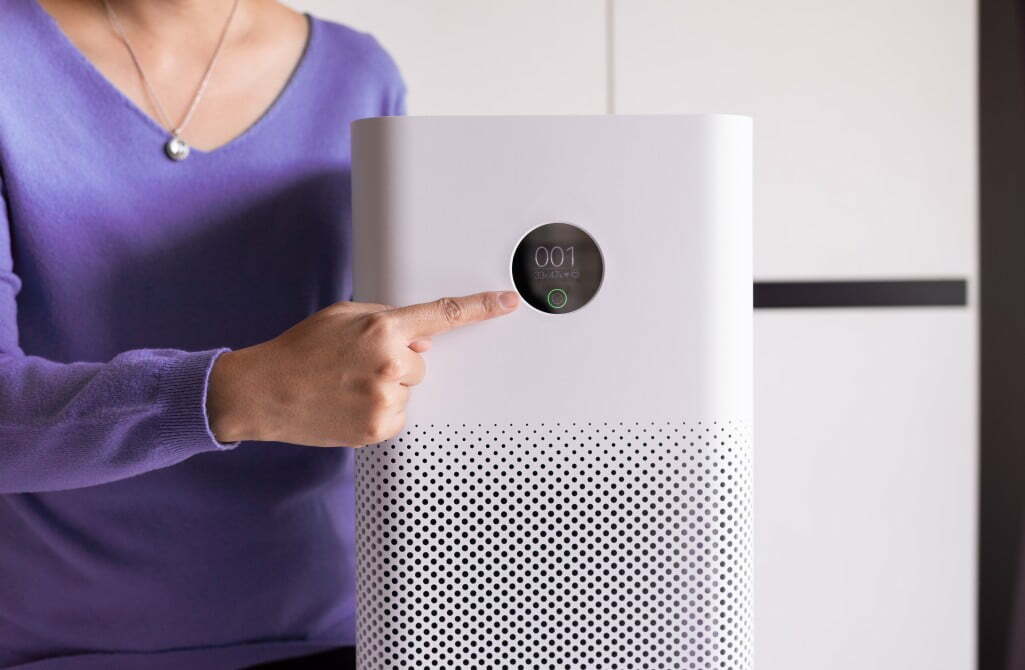
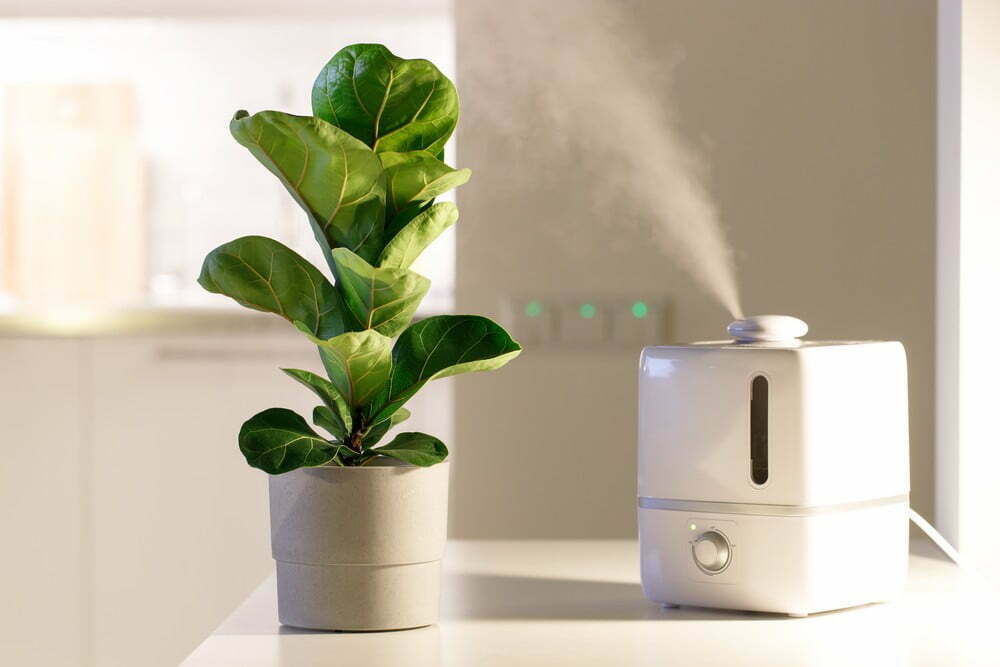

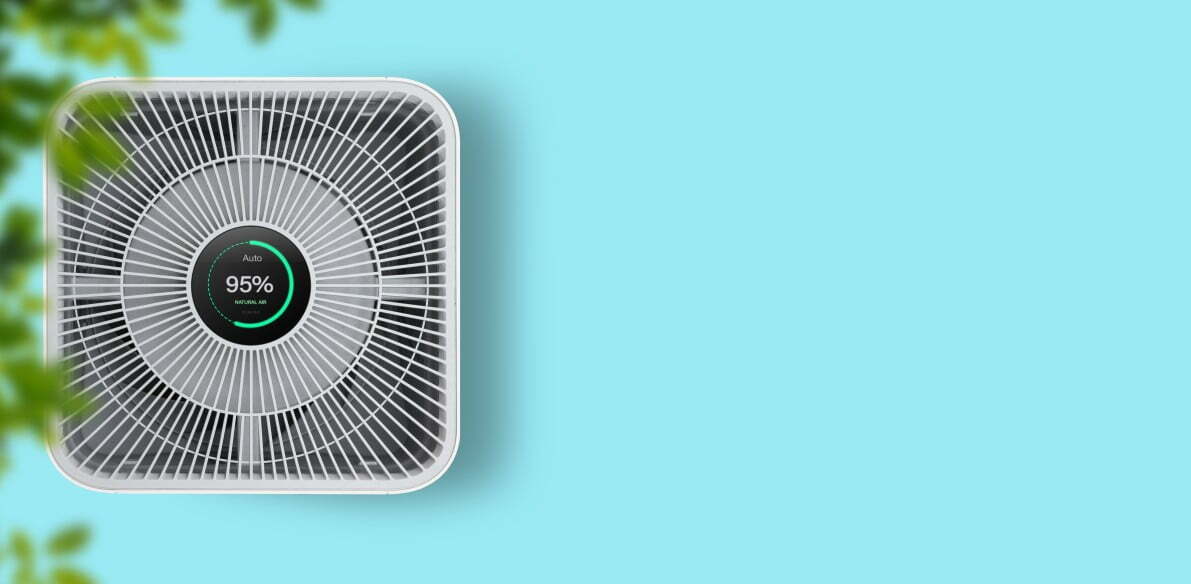
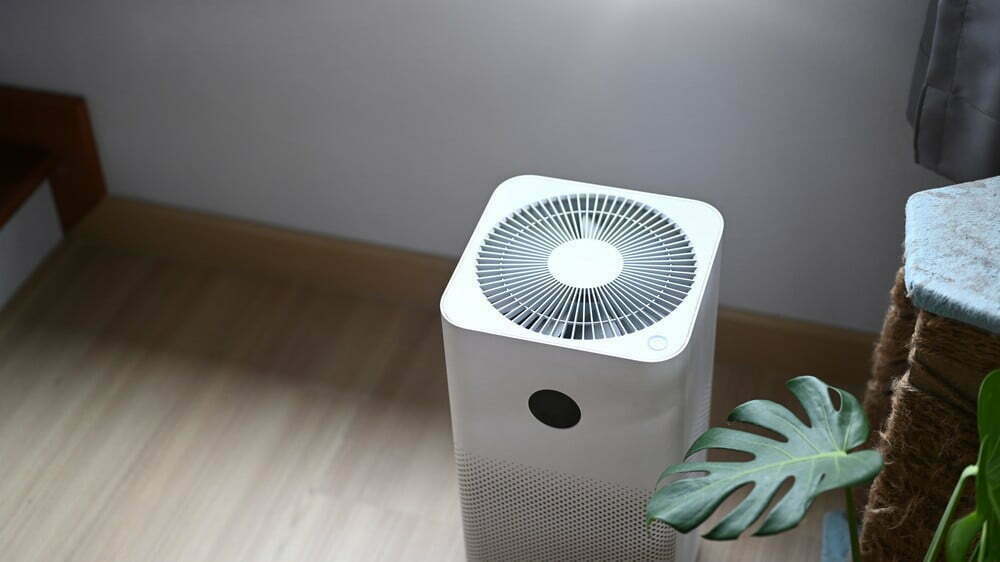
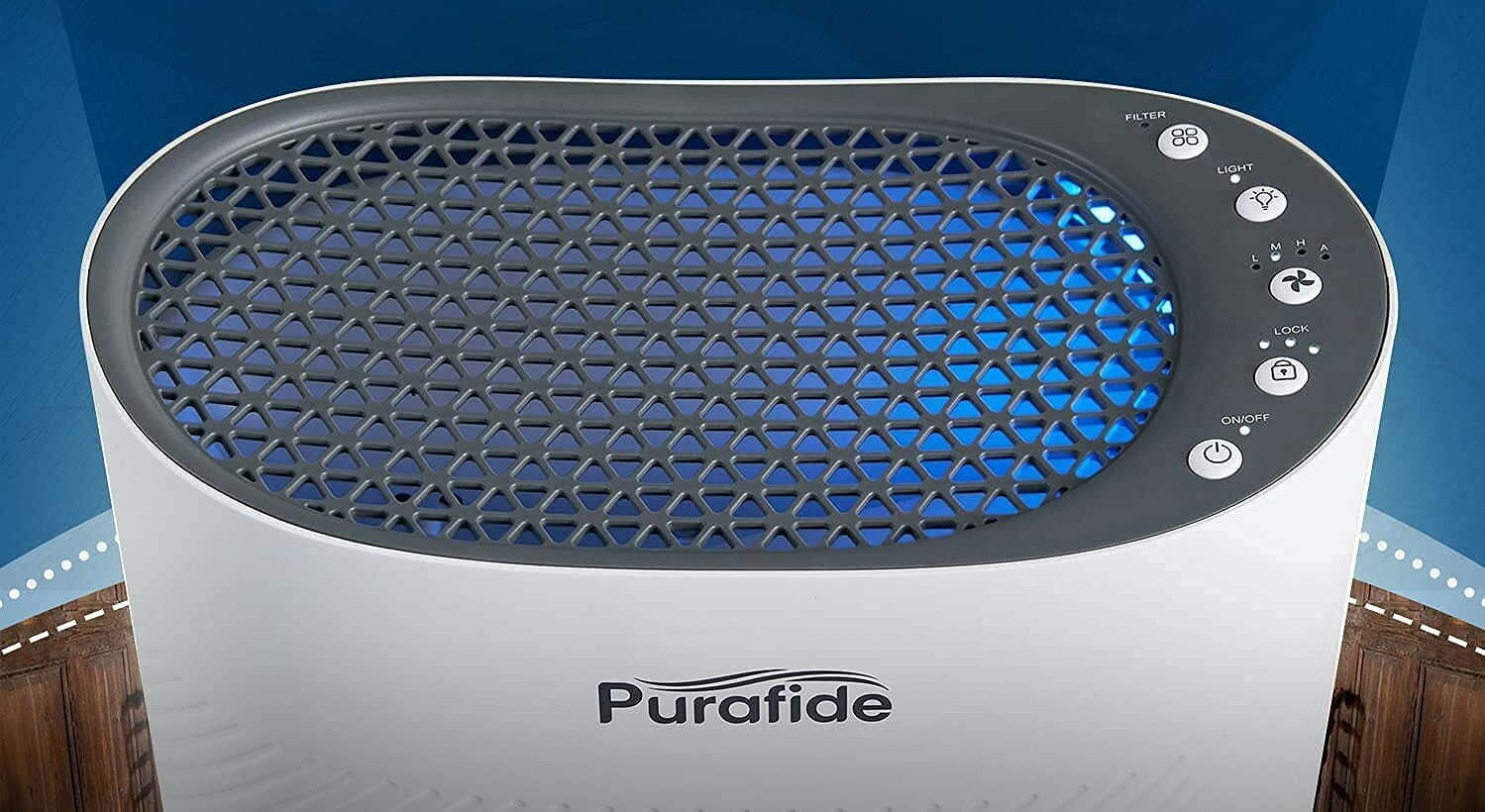
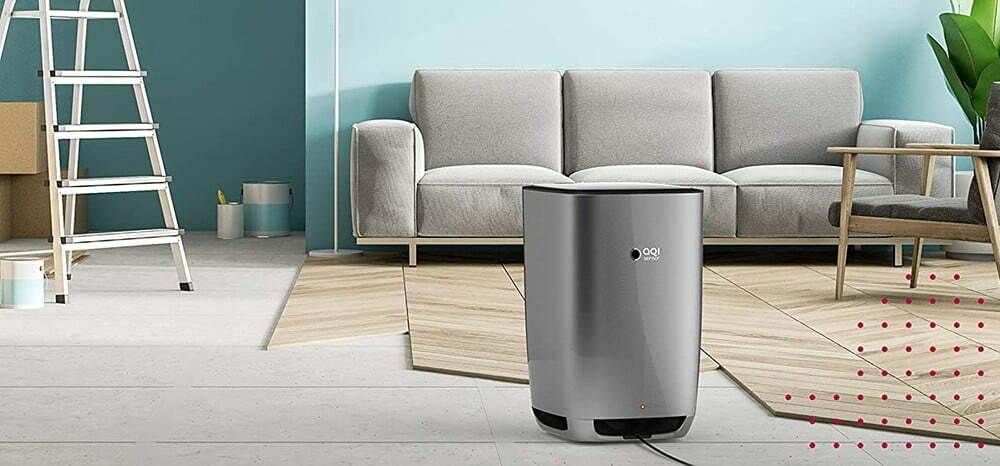
![Best Air Purifiers for VOCs and Formaldehyde in [year] 27 Best Air Purifiers for VOCs and Formaldehyde in 2026](https://www.gadgetreview.dev/wp-content/uploads/best-air-purifier-for-vocs-and-formaldehyde-image.jpg)
![Best Air Purifier in [year] ([month] Reviews) 28 Best Air Purifier in 2026 (January Reviews)](https://www.gadgetreview.dev/wp-content/uploads/Honeywell-True-HEPA-Allergen-Remover-HPA300-e1475603569442.jpg)
![Best Air Purifiers for Dust in [year] 29 Best Air Purifiers for Dust in 2026](https://www.gadgetreview.dev/wp-content/uploads/best-air-purifier-for-dust-image.jpg)
![Best Honeywell Air Purifiers in [year] 30 Best Honeywell Air Purifiers in 2026](https://www.gadgetreview.dev/wp-content/uploads/best-honeywell-air-purifier-image.jpg)
![Best Germicidal Air Purifiers in [year] 31 Best Germicidal Air Purifiers in 2026](https://www.gadgetreview.dev/wp-content/uploads/best-germicidal-air-purifier-image.jpg)
![Best Filterless Air Purifiers in [year] 32 Best Filterless Air Purifiers in 2026](https://www.gadgetreview.dev/wp-content/uploads/best-filterless-air-purifier-image.jpg)
![Best Levoit Air Purifiers in [year] 33 Best Levoit Air Purifiers in 2026](https://www.gadgetreview.dev/wp-content/uploads/best-levoit-air-purifier-image.jpg)
![Best Air Purifiers for Smoking Weed in [year] 34 Best Air Purifiers for Smoking Weed in 2026](https://www.gadgetreview.dev/wp-content/uploads/best-air-purifier-for-smoking-weed-image.jpg)
![Best Quiet Air Purifiers in [year] 35 Best Quiet Air Purifiers in 2026](https://www.gadgetreview.dev/wp-content/uploads/best-quiet-air-purifier-image.jpg)
![Best Desktop Air Purifiers in [year] 36 Best Desktop Air Purifiers in 2026](https://www.gadgetreview.dev/wp-content/uploads/best-desktop-air-purifier.jpg)
![Best Dyson Air Purifiers in [year] 37 Best Dyson Air Purifiers in 2026](https://www.gadgetreview.dev/wp-content/uploads/best-dyson-air-purifier.jpg)
![Best Air Purifiers for Dorm Room in [year] 38 Best Air Purifiers for Dorm Room in 2026](https://www.gadgetreview.dev/wp-content/uploads/air-purifier-for-dorm-room-1.jpg)
![Best Air Purifiers for Office in [year] 39 Best Air Purifiers for Office in 2026](https://www.gadgetreview.dev/wp-content/uploads/best-air-purifier-for-office.jpg)
![Best Air Purifiers for Basement in [year] 40 Best Air Purifiers for Basement in 2026](https://www.gadgetreview.dev/wp-content/uploads/best-air-purifier-for-basement.jpg)
![Best Air Purifiers For Odor in [year] 41 Best Air Purifiers For Odor in 2026](https://www.gadgetreview.dev/wp-content/uploads/best-air-purifier-odor.jpg)
![10 Best Personal Air Purifiers in [year] 42 10 Best Personal Air Purifiers in 2026](https://www.gadgetreview.dev/wp-content/uploads/best-personal-air-purifiers.jpg)
![10 Best Plug In Air Purifiers in [year] 43 10 Best Plug In Air Purifiers in 2026](https://www.gadgetreview.dev/wp-content/uploads/best-plug-in-air-purifier-image.jpg)
![10 Best Whole House Air Purifiers in [year] 44 10 Best Whole House Air Purifiers in 2026](https://www.gadgetreview.dev/wp-content/uploads/best-whole-house-air-purifier-image.jpg)
![10 Best Large Room Air Purifiers in [year] 45 10 Best Large Room Air Purifiers in 2026](https://www.gadgetreview.dev/wp-content/uploads/Coway-Airmega-200M-Large-Room-Air-Purifier-900x900-1.png)
![10 Best UV Air Purifiers in [year] 46 10 Best UV Air Purifiers in 2026](https://www.gadgetreview.dev/wp-content/uploads/best-uv-air-purifier.jpg)
